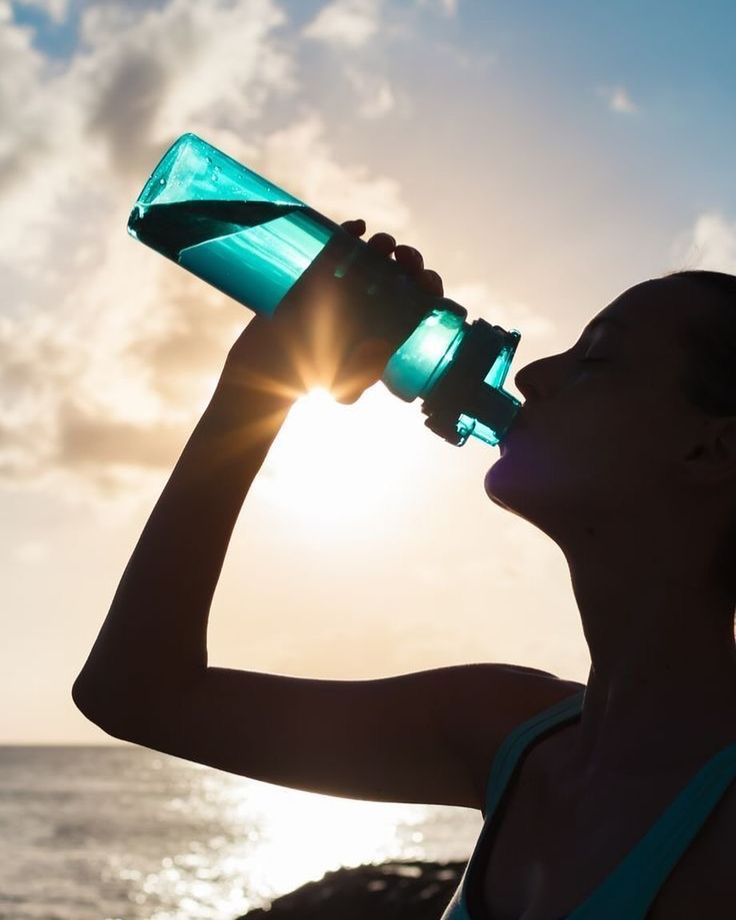
What are Electrolytes?
Electrolytes are minerals that carry an electrical charge when dissolved in water. They play essential roles in maintaining fluid balance, regulating muscle and nerve function, stabilizing blood pressure, and supporting various biochemical processes in the body. For those engaged in physical activities or exercise, electrolytes are critical for optimal performance and recovery. An imbalance in electrolytes can lead to cramps, fatigue, or impaired muscle function, while proper rehydration helps keep the body in peak condition.
Key Electrolytes
Sodium (Na⁺):
Maintains water balance and osmotic pressure. It also manages nerve signals and muscle contractions.
Foods high in sodium: Table salt, soy sauce, processed foods.
Potassium (K⁺):
Essential for muscle and nerve function, particularly affecting heart rhythm.
Foods high in potassium: Bananas, oranges, potatoes, coconut water, avocados.
Calcium (Ca²⁺):
Supports muscle contraction, blood clotting, and enzyme function.
Foods high in calcium: Milk, cheese, yogurt, kale, sardines.
Magnesium (Mg²⁺):
Involved in hundreds of enzymatic reactions, regulating muscles and nerves.
Foods high in magnesium: Nuts (almonds, chia seeds), leafy greens (spinach), whole grains.
Chloride (Cl⁻):
Helps maintain fluid balance and aids digestion.
Foods high in chloride: Table salt, seaweed, tomatoes.
Phosphate (PO₄³⁻):
Vital for energy production and cell structure.
Foods high in phosphate: Meat, fish, eggs, dairy products.
Effects of Electrolyte Imbalance
When Electrolytes Are Lost
Electrolyte loss can occur due to dehydration, vomiting, diarrhea, or excessive sweating. Some of the effects include:
Fatigue and muscle weakness: Low levels of potassium and magnesium reduce muscle contraction ability, leading to cramps.
Irregular heartbeat: A loss of potassium and calcium can disrupt the electrical activity of the heart.
Confusion or seizures: Severe deficiency affects the central nervous system.
When Electrolytes Are Over-Supplemented
Over-supplementation of electrolytes can lead to health issues:
High blood pressure: Excess sodium increases blood volume, raising cardiovascular risks.
Kidney dysfunction: Overloading the kidneys with potassium and calcium may impair their function.
Nausea and diarrhea: Too many electrolyte supplements can upset the digestive system.
Severe cases: High potassium levels (hyperkalemia) can cause irregular heartbeats or seizures.
Daily Electrolyte Recommendations
According to the Vietnamese Ministry of Health’s 2016 recommendations ("Nhu cầu Dinh dưỡng Khuyến nghị cho người Việt Nam"):
Sodium (Na):
2,300 mg/day for adults. Individuals who sweat heavily may require slightly higher levels to compensate.
Potassium (K):
3,500 mg/day. Adequate potassium intake helps regulate blood pressure and prevent heart rhythm disorders.
Calcium (Ca):
1,000 mg/day for adults. Sources include dairy products and leafy greens.
Magnesium (Mg):
310–420 mg/day, depending on age and gender. Magnesium supports muscle and enzyme function.
Proper hydration, a balanced diet, and addressing underlying conditions are essential for maintaining electrolyte balance.
Sources and Further Reading
"Nhu cầu Dinh dưỡng Khuyến nghị cho người Việt Nam" (Vietnamese Ministry of Health, 2016).





 24 Jan 2025
24 Jan 2025
